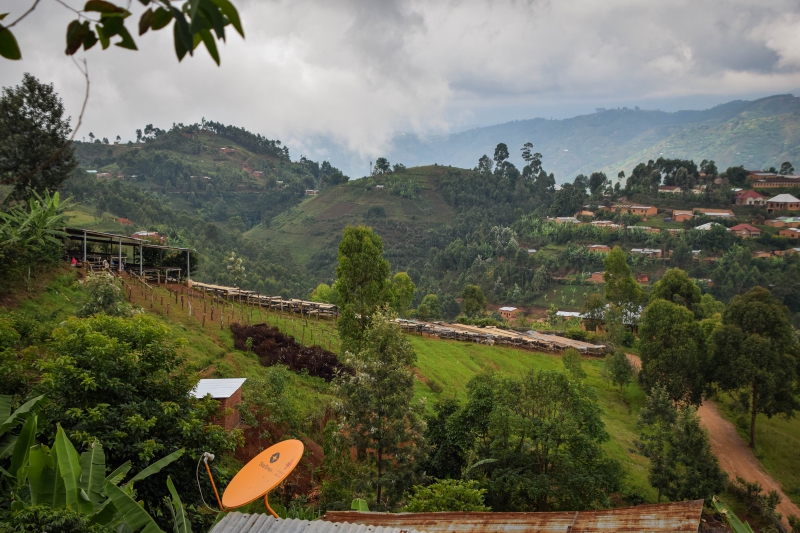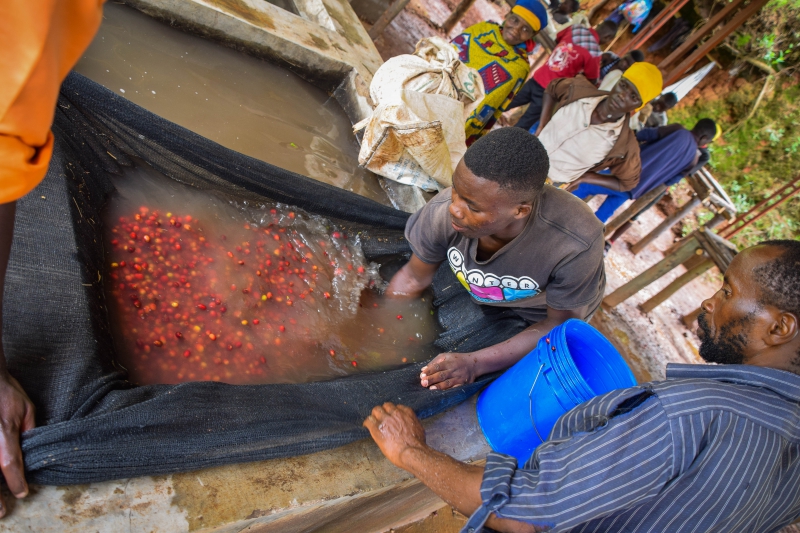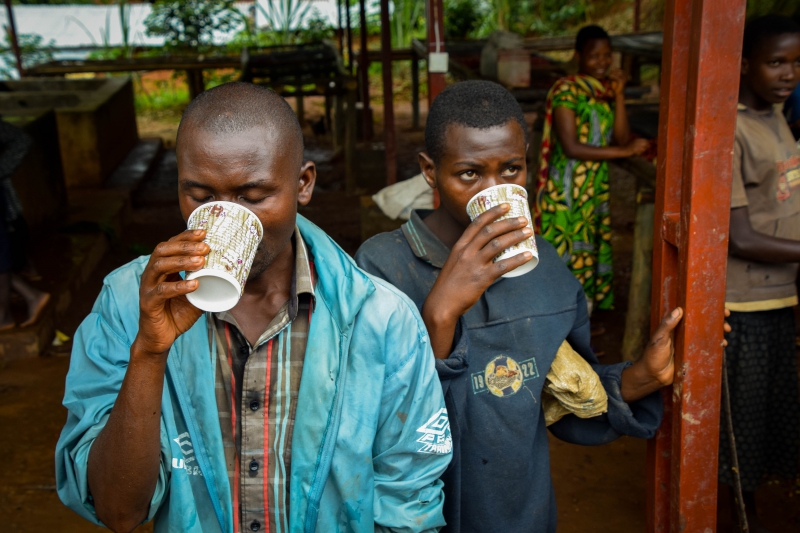Words by Katie Burnett
Photos by Carley Serwatt

Before 2005, Burundi was a very different place to what it is now. In the first multi-party elections in 1992 since its independence from Belgian colonial rule and military dictatorships, the country fell into chaos as the democratic president of only 3 months was assassinated in an attempted coup by his military chief and extremist army officers. What followed was a conflict led by the desire to gain control of the country. The Hutu and Tutsi ethnic groups fought for power.
The country found herself in calmer waters after 2003 after the signing of a transitional constitution and the legitimate peace talks that had begun in 1998 started to yield some results. Although the country was far from political stability at that point, at the very least the end of the war was in-sight and the government had largely regained control.
In April 2006, the long-standing midnight-to-dawn curfew was lifted. After 12 years of restricted movement, Burundians were able to move freely on their own land and could look to a future for themselves, but the war had not left much to work with.
The wounds on the Burundian people and land were just beginning to scar and. The war had completely ravaged the countryside and agriculture as an economic stimulant was a distant dream. The war acted as a vacuum on the country’s resources – leadership, investment and natural resources and without much to work with, poverty was widespread and nearly impossible to escape.
This is the Burundi that Dan Brose grew up in. Born into Burundi with access to the resources that his American heritage granted him, Dan studied as an engineer and returned to the country determined to stimulate growth. Upon meeting Pontein Ntunzwenimana, who was also trained as an engineer and was familiar with coffee farming, the two dreamt up Migoti Coffee Co.
Dan wanted to connect Burundi to the rest of the world, in particular, the developed world. There wasn’t enough to go around within Burundi, the injection of economic growth couldn’t come from within. They needed a vehicle to bring in foreign investment and stimulate growth. The pair wanted to grow an industry in order to grow the people within it. Their vision was direct relationship with partners abroad, solely focused on uplifting the people who would work on the wash station and small holders who would provide coffee cherry.

Pontein had the cultural and industry expertise to lead the project and take the helm of Migoti Coffee Co. Having grown up around small-scale coffee farming, Pontein knew the nuances of producing and processing coffee. Pontein oversees daily operations, construction projects and government relations while Dan oversees brand building, marketing and investments. In 2016, Migoti Coffee Co. embarked on it’s first full year of production since then it has produced some of the highest quality specialty coffee in Burundi.
The success of the first crop was crucial as the small holder farmers were able to see the impact of their work on their families and their income. They were also able to see that their work was important as their coffee received praise all over the world. Dan and Pontein continue to develop Migoti Coffee Co. in new directions to benefit their farmers (including hydropower electricity schemes and education schemes and encouraging farmers to plant inter crops alongside their coffee trees to produce other products such as oils and essences).

The lack of connection with the rest of the globe has meant that Burundian coffee is not as well-known as it should be. Although Burundi’s coffee growing history is spotted, it is ingrained in the country itself. Dan’s vision was to create opportunity for the local farmers and processors and to promote and sell their product independently, this is the only way that Migoti Coffee Co. can be truly sustainable. In order for the company to last longer than Dan’s lifetime, Migoti needs to be a project of the community, not only of one or two individuals. The next generation is a key focus for Dan and Pontein.
Pontein’s exquisite wash station paired with the exceptional raw produce of the local small holders has resulted in a beautiful marriage of efficiency and substance. They love working in coffee and they love the deep reach into the community that farming allows.Examples of successful agricultural ventures, such as Migoti Coffee Co.’s, would encourage the idea that agriculture is a great opportunity for economic growth at large and change a perception that dates back to the start of the civil war.
